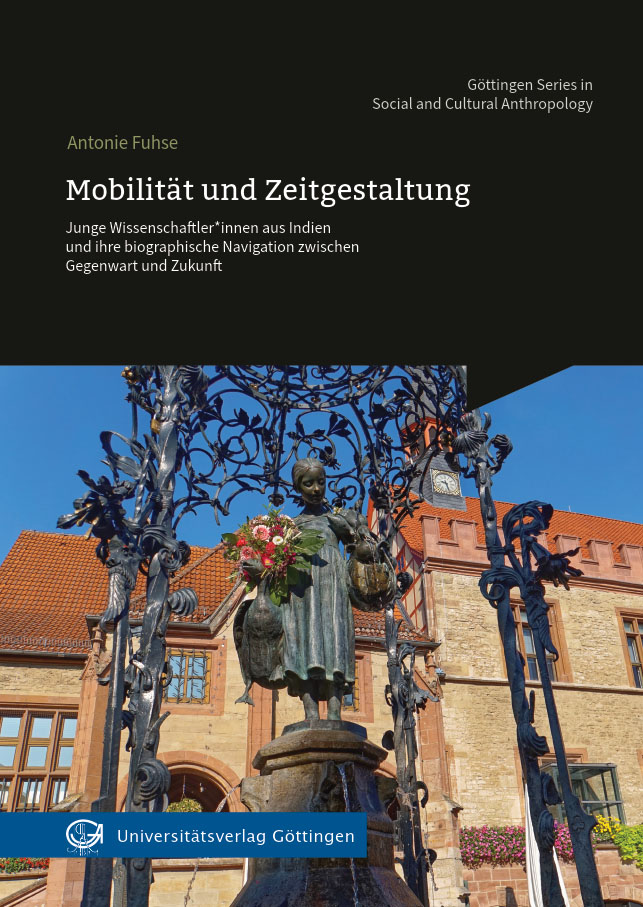In recent years, the number of international students and researchers in Germany has been continually increasing. Based on ethnographic fieldwork in the university city of Göttingen, Antonie Fuhse asks how early career researchers from India navigate multiple modes of belonging during their master and doctoral studies. The book focuses on the role of mobility in negotiating normative ideas about one’s life course and the future. With the concept of ‘regimes of academic mobility’, Fuhse seeks to highlight the multiple actors, discourses and structures involved in academic mobility and how these create inequalities in access to international mobility. The study shows how age, class, and gender – and the interaction between the three – impact on students’ and researchers’ decisions to go to Germany, their experiences there, and their aspirations for the future. In investigating the multiple ways in which mobility is connected to marriage, Fuhse brings into focus a topic which has been largely neglected in studies of academic mobility.
Publikationstyp: Hochschulschrift
Sparte: Universitätsverlag
Sprache: Deutsch





